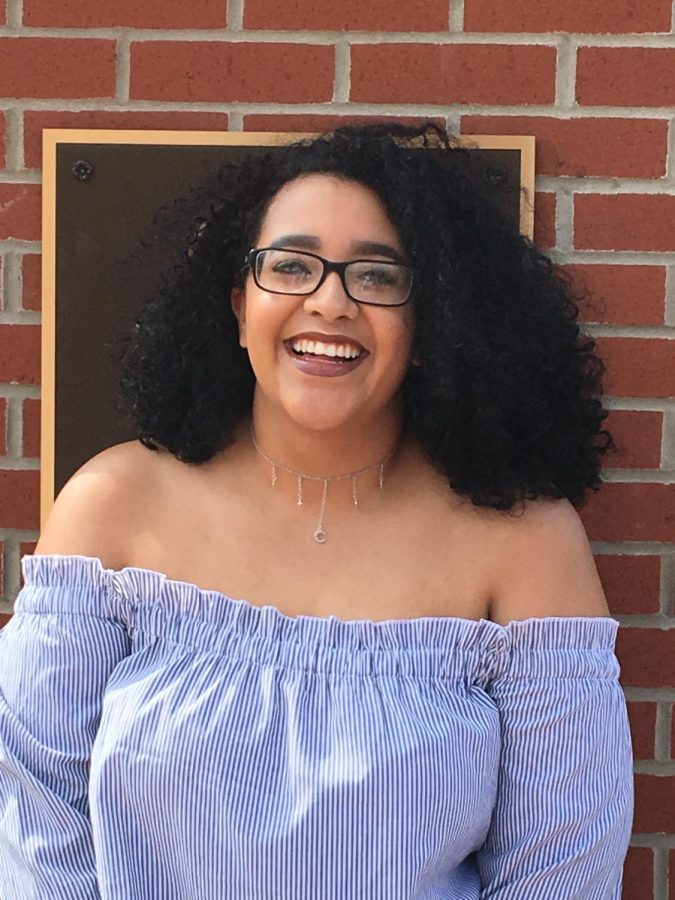OPINION: Microaggressions: The roadblock to racial identity
September 9, 2018
A question I’ve been asking myself since I was little is, “Who am I?” I knew my name was Adriona, my mom’s name was Kim and my grandparents were Richard and Louise. I knew my address, my school, my favorite animal and favorite color. I could probably tell you every little detail about myself, but truth be told, I didn’t know who I really was, especially when it came to my racial identity.
To give you some perspective, of the 841 students enrolled in my high school during my senior year, 95 percent of the students identified as white. These kids were my friends, and I never really thought too much into it when they’d make little comments. I remember being told on multiple occasions that I was “the whitest black girl” my peers had ever met and that I “wasn’t, like, a real black girl.”
It took me a while to understand what they really meant. I wasn’t what they perceived to be a “stereotypical black girl.” I wasn’t “really black” in their eyes. They unknowingly slowly tore down a vital part of my identity to the point where I didn’t really consider myself to be black anymore.
I don’t think most people ever intended to be rude or offensive when it comes to language like this, although some can definitely be more malicious. (One time someone told me that I was “awfully smart” for a “girl like me.”)
Sometimes I can feel like I’m just overreacting or being petty because I know others have it so much worse. It gets more difficult when it comes from a friend or a loved one. You want to tell them how badly it hurts or bothers you, but you know they don’t know any better. They don’t truly understand what the implications are.
Thinking about it now, those little comments probably contributed to me developing what is referred to as “racial imposter syndrome.” According to NPR, it’s the “feeling of being ‘fake’ or inauthentic to some part of their ethnic heritage.” By making comments reducing my blackness, it makes me feel like that part of me shouldn’t exist, or that it’s not a legitimate part of my life when it is.
A lot of outsiders don’t look at me and think, “Oh, she’s mixed.” They don’t really pay attention to the white part of me. And the people who know me don’t pay attention to the black part of me. So, if some people don’t recognize the white part of me, and others don’t recognize the black part of me, then who am I? Identity is not solely race, but it makes up a part of it.
Those little microaggressions, especially targeted at mixed individuals, can be absolutely detrimental to identity formation. You have to be careful when you make little comments like that, even if you think it’s funny or you don’t mean anything by it. A few little words can do a lot more damage than you think.
Adriona Murphy is a columnist. Contact her at [email protected].












